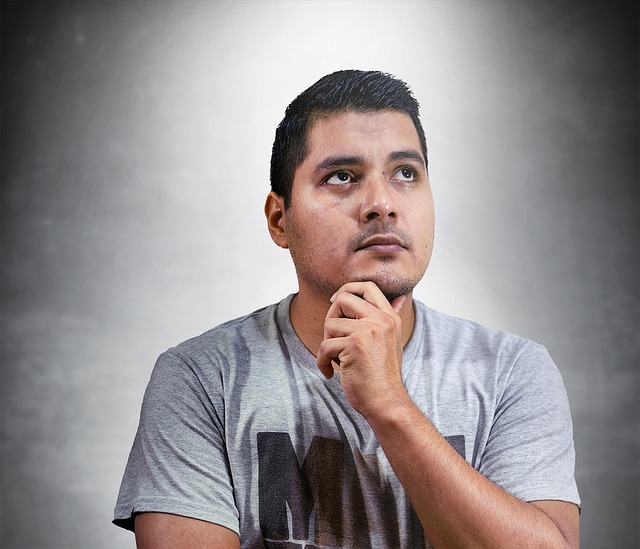Doubt is a universal experience, one that can grip the mind and lead to swirling questions of existence, knowledge, and belief. It is a feeling that can be both unsettling and enlightening, propelling us into realms of inquiry that can reshape our understanding of reality. In this exploration, we dive into the intersection of science and modern philosophy, a space where strictly taken doubt serves as a catalyst for growth and discovery.
From the time of ancient philosophers who pondered the very essence of being, doubt has played a crucial role in shaping thought. Descartes famously posited, “I think, therefore I am,” emerging from a place of doubt about everything else—a radical skepticism that paved the way to certainty in one’s own existence. His methodological skepticism acts like a profound mirror, inviting us to scrutinize our beliefs and the foundations upon which they rest.
Fast forward to the realm of modern science, where doubt fuels inquiry and progress. The scientific method, fundamentally rooted in skepticism, encourages questioning and seeks to dismantle assumptions. Every hypothesis is but a temporary stand against the ever-looming specter of uncertainty. It’s within this cycle of doubt and inquiry that scientific revolutions occur, displacing long-held paradigms and introducing new ways of understanding the universe. In this respect, strictly taken doubt does not hinder progress; rather, it propels it forward.
Consider the journey of scientists like Galileo and Darwin, who faced immense resistance as they challenged prevailing beliefs. Their rigorous questioning not only advanced their fields but also triggered societal reflection on what it means to know. Modern philosophy builds upon this foundation, scrutinizing the nature of truth and reality with an acute awareness of doubt’s role. Philosophers such as Michel Foucault and Jacques Derrida pushed the boundaries of truth and meaning, applying strictly taken doubt to construct new frameworks for understanding power, identity, and knowledge.
Yet, navigating the waters of doubt is not merely an intellectual endeavor; it is an emotional journey that resonates deeply within us. The feeling of uncertainty often breeds anxiety, especially when confronting life’s big questions. What is our purpose? What can we truly know? These queries reflect a human desire for certainty and assurance. Embracing doubt, however, can lead to introspection and wisdom; it can open doors to perspectives we might otherwise be blind to.
In a world that often demands clear-cut answers, the acceptance of strictly taken doubt fosters resilience and adaptability. It nudges us to remain curious, to question the status quo, and ultimately to grow. In science, this means rigorously re-evaluating established truths; in modern philosophy, it translates to richer discussions about existence and knowledge.
As we experience doubt in all its complexities, we are reminded that it is an intrinsic part of the journey—a bridge that connects the realms of science and philosophy. It galvanizes our search for understanding while simultaneously grounding us in the humility of not having all the answers. Perhaps, in navigating doubt, we find more than questions; we discover the beauty of the quest itself.




